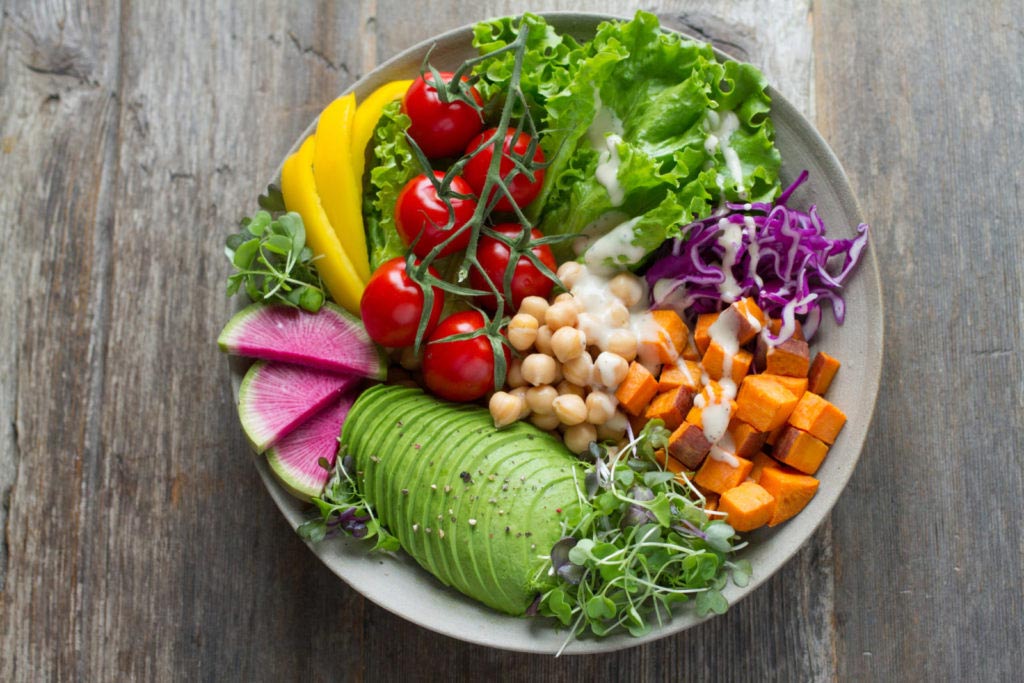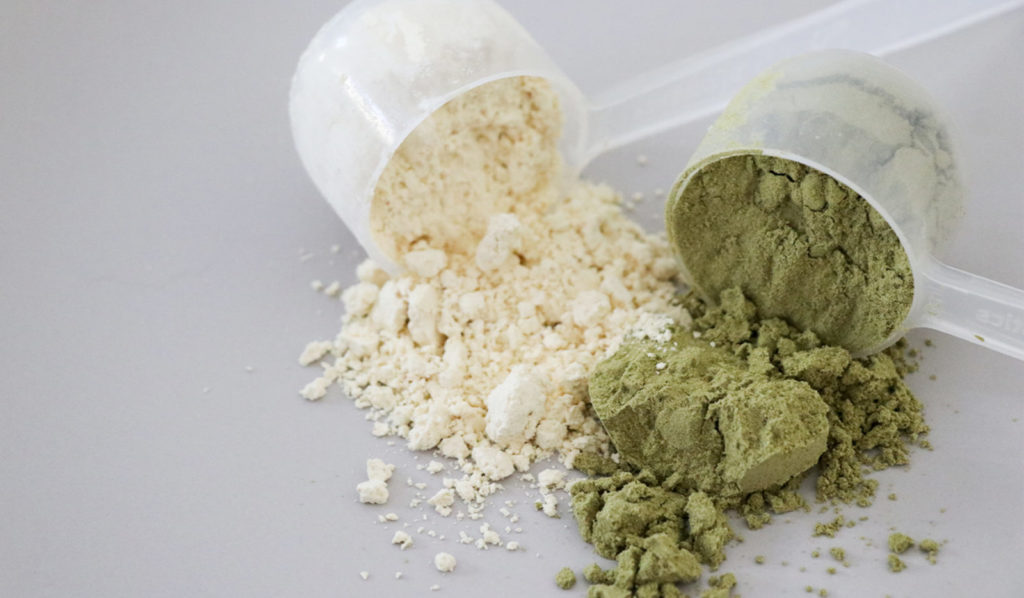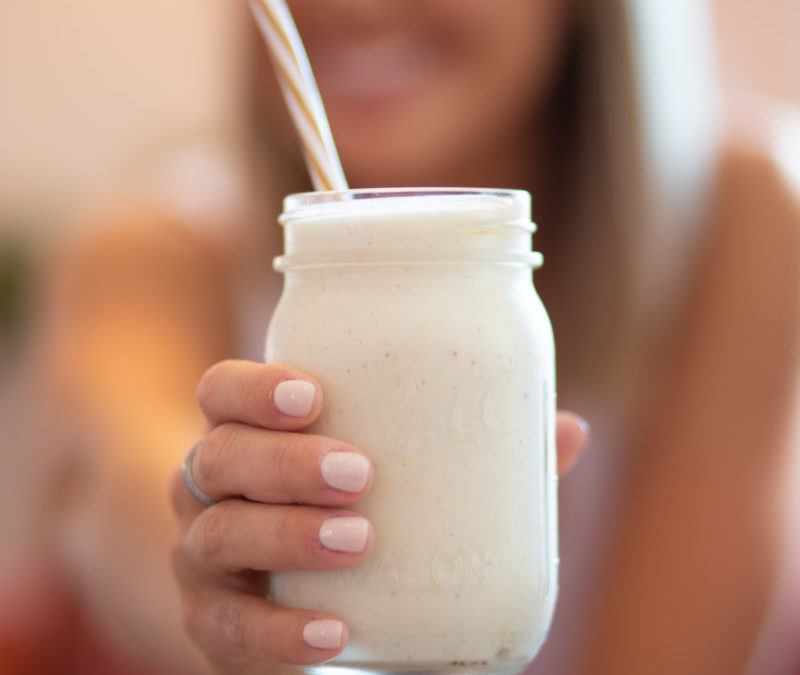I choked down my first protein shake when I was fourteen-years-old. It was a Joe Wieder (former body building legend) brand protein powder that tasted like pure chalk – gag worthy for sure. At that time, I was trying anything to gain weight for football and the body building magazines I read advertised protein powders that promised to help me add mass fast. I’ll take two, thanks.
Supplemental protein powders have come a long way since my teenage years and the products offer better nutrition quality and flavor. But do we really need to drink them to gain and maintain lean muscle?
If you’re a vegan or vegetarian actively training each week, then supplementation can be very helpful. If you’re a competitive athlete or body builder and need a more efficient way to meet protein requirements than frequently preparing meals, then supplemental protein is also very helpful. For the general population of weekend warriors and part-time gym goers, you’re more than likely getting enough protein from the food you eat.

Let’s get into the specifics of why supplemental protein powder can be so beneficial to certain training populations. First, some nerdy basics. All protein is made up of amino acids. The two most important groups are essential amino acids (EAAs) and branch chain amino acids (BCAAs). EAAs are necessary for many different bodily functions and BCAAs are vital to the health of muscle tissue. It can be a challenge for some to consume enough of the correct foods in order to gain the EAAs and BCAAs needed for optimal muscle recovery.
For example, the amino acid leucine is a primary factor for augmenting muscle protein synthesis that drives muscle recovery and growth. The main sources of leucine are beef, chicken, eggs, pork, and fish (wild caught Salmon). Obviously, this is a nutritional barrier for vegans and vegetarians. For others, it can be too time consuming and expensive to buy and prepare good quantities of these types of foods each week.

So which protein powders provide the best protein?
Protein powders that are rich in leucine are the most valuable to our muscles. The point of consuming protein powder is to stimulate muscle protein synthesis, which is the body’s process for stimulating muscle recovery and growth. Milk based protein powders, whey and casein, have the most leucine with whey being slightly superior to casein (whey protein contain 2.6 grams per typical serving and casein contains 2.3 grams per typical serving).
If dairy based products are not compatible with your diet, there are many plant based protein powders on the market now. According to the research I’ve reviewed, pea protein is superior to other plant based products and it is the type of protein powder I currently use.
I started using pea protein due to my mostly vegan diet, which naturally lacks in consumption of high quality protein sources. For a long time I was complaining of poor recovery from workouts and limited muscle gains versus the serious training I was performing. I’ve found that daily consumption of pea protein has enhanced my recovery and development quality of lean muscle mass. Eventually, I will try whey protein due to the superior quality protein provided and see how my stomach handles it. I’ll let you know how that works out.
Please reach me with any questions and I’d appreciate any comments regarding the type of protein you’re using and how successful or unsuccessful your experience has been.
Photo at top of pose by Amanda Vick on Unsplash

